Discover the Industrial Journey of Rubber Process Oil
Rubber Process Oil (RPO) is a critical ingredient in the manufacturing of a wide range of rubber products, including tires, hoses, mats, seals, and conveyor belts. These oils enhance the physical properties of rubber, improve processability, and reduce production costs. With the growing demand in the automotive, footwear, and industrial sectors, understanding how RPO is manufactured is essential for producers, buyers, and suppliers.
In this article, we explore the detailed rubber process oil manufacturing process, including the types of RPO, raw materials used, refining steps, and end applications. Whether you’re an industrial buyer or a factory manager, this guide offers valuable insight into RPO production and how Work and Energy Company (WE Co.) ensures quality and consistency across its product line.
What is Rubber Process Oil?
Rubber Process Oil (RPO) is a petroleum-derived oil used in the compounding and processing of rubber. It acts as a plasticizer and softener, helping to reduce the viscosity of rubber, making it easier to mold and work with. It also enhances filler dispersion, elasticity, and aging properties of rubber products.
There are mainly two types of rubber process oil:
Heavy RPO (Aromatic or High Viscosity)
Light RPO (Paraffinic or Low Viscosity)
Each type is suited for specific applications depending on the rubber compound and end-use.
Raw Materials for RPO
The base feedstock for RPO manufacturing includes:
Crude oil distillates
Slack wax
Residue from lube oil refining
Other byproducts of petroleum refining
These feedstocks contain a complex mixture of hydrocarbons—paraffinic, naphthenic, and aromatic in nature.
Step-by-Step Rubber Process Oil Manufacturing Process
1. Crude Oil Selection and Distillation
The process begins with the careful selection of crude oil types suitable for rubber oil production. Once selected, crude oil undergoes atmospheric distillation, separating it into various fractions. The heavier distillates are further processed to extract base oils and rubber process oils.
2. Vacuum Distillation
In this stage, the heavier fractions from atmospheric distillation are processed under reduced pressure to separate high-boiling point components without cracking them thermally. Vacuum distillation yields the viscous oil fractions used as RPO base.
3. Solvent Extraction
To improve the performance characteristics of RPO, aromatic hydrocarbons are selectively extracted using solvents like furfural, phenol, or sulfolane. This step enhances the desired properties like solubility and compatibility with rubber polymers.
4. Dewaxing and Hydro-treating
Dewaxing removes solid waxes that affect oil fluidity at low temperatures. Hydro-treating follows, where hydrogen gas is used to eliminate sulfur, nitrogen, and other impurities, thus improving the color, stability, and odor of the oil.
5. Blending
RPOs are blended to meet specific viscosity, flash point, and composition requirements. Additives may be included for oxidation stability, pour point depression, and compatibility with synthetic rubbers.
6. Quality Testing and Packaging
Before shipment, each batch undergoes rigorous quality control testing to ensure compliance with industrial specifications. The product is then packed in steel drums, IBC totes, or ISO tanks for local and international delivery.
Applications of Rubber Process Oil
Tire manufacturing
Conveyor belts
Footwear soles
Rubber hoses and seals
Insulation in cables
RPO not only enhances mechanical properties but also significantly affects processing cost-efficiency and product performance.
Environmental and Safety Aspects
High-quality RPO should comply with REACH regulations, especially regarding Polycyclic Aromatic Hydrocarbons (PAHs), to ensure worker safety and environmental sustainability. At Work and Energy Company, we provide non-carcinogenic and eco-friendly rubber process oils tested in ISO-certified labs.
Why Choose Work and Energy Company for RPO?
At Work and Energy Company (WE Co.), we specialize in producing and supplying premium-grade Heavy Rubber Process Oil and Light Rubber Process Oil, ensuring:
Consistent quality
Customizable viscosity grades
Flexible packaging options
Competitive pricing
Global export capabilities
Explore our products:
Top 10 Frequently Asked Questions (FAQs)
1. What is the difference between heavy and light rubber process oil?
Heavy RPO is more viscous and contains more aromatic content, suitable for industrial-grade rubber. Light RPO is less viscous and more paraffinic, ideal for light-colored or heat-resistant applications.
2. Is rubber process oil safe for human contact?
Only treated and tested RPO compliant with health and safety regulations (like REACH) is safe for industrial use. Always check the MSDS.
3. Can RPO be used in synthetic rubber?
Yes. Blended RPOs are often formulated for compatibility with both natural and synthetic rubbers like SBR, EPDM, and NBR.
4. What is the shelf life of rubber process oil?
Properly stored RPO can last up to 5 years without degradation.
5. How is RPO packaged for export?
RPO is shipped in steel drums (200L), IBC totes (1000L), or bulk ISO tanks, depending on the destination and volume.
6. What are the key specifications to check in RPO?
Important specs include kinematic viscosity, flash point, aniline point, and specific gravity.
7. What industries commonly use RPO?
Tire manufacturing, footwear, cable insulation, and conveyor belt production.
8. Can Work and Energy Company customize the viscosity grade?
Yes, we offer tailored solutions based on client requirements.
9. Is your RPO suitable for food-grade rubber applications?
We do not recommend using standard RPO for food-contact products unless a special grade is requested and certified.
10. How can I place an order or request a sample?
You can contact us directly via the options below.
Contact Work and Energy Company
To inquire about rubber process oil pricing, samples, or export details, reach out through:
WhatsApp: (+971) 585992028
Phone: (+971) 58 599 20 28
Email: info@workandenergy.com
Office Address: No. 106, Sabkha Tower, Deira, Dubai, UAE
For premium-quality Rubber Process Oil that meets international standards, partner with Work and Energy Company — your trusted supplier for consistent performance, flexible logistics, and global reach.

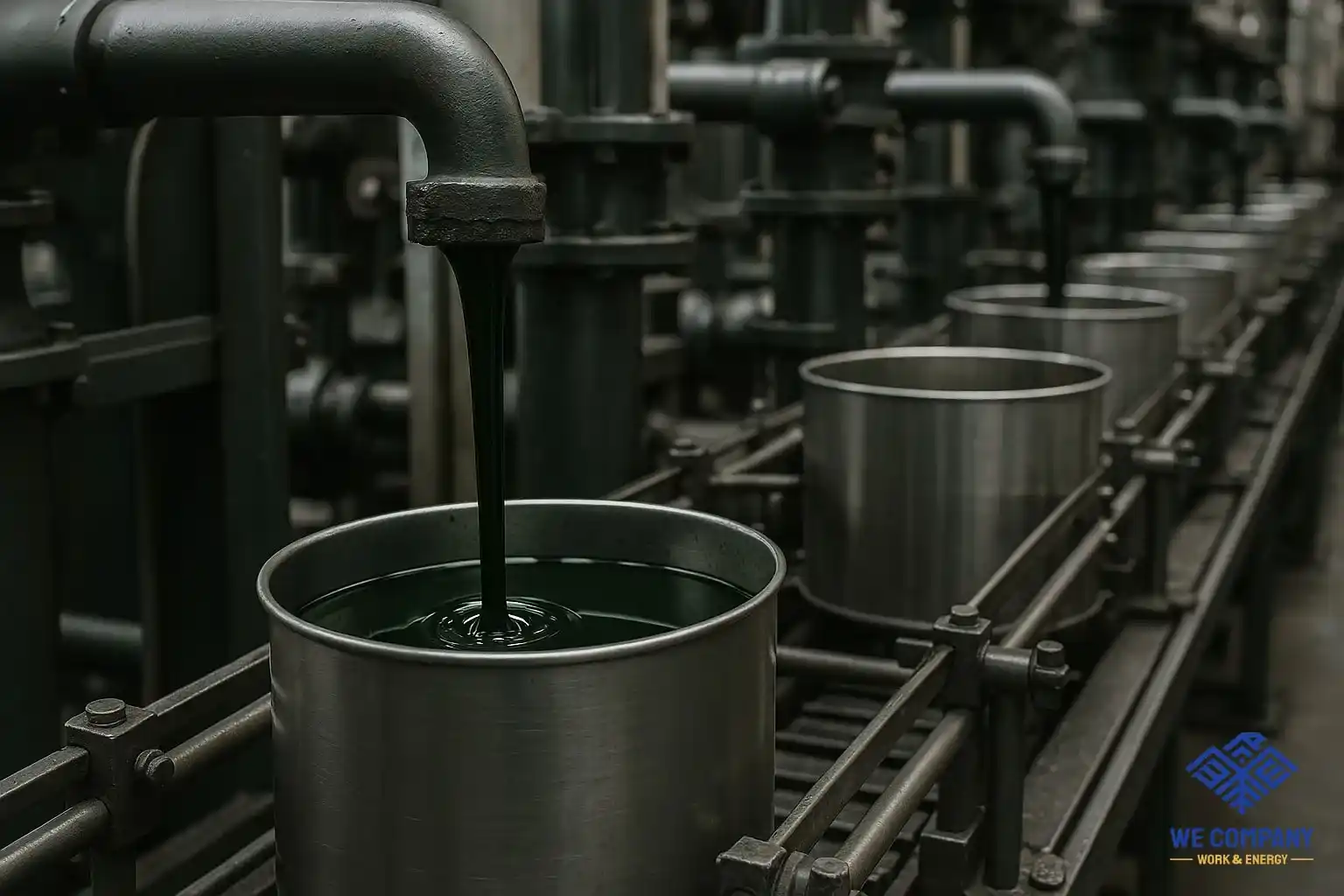
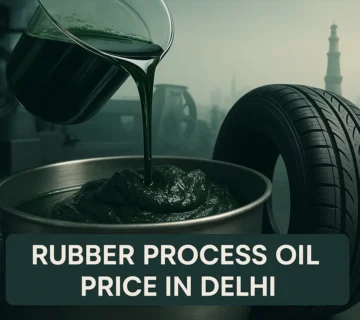
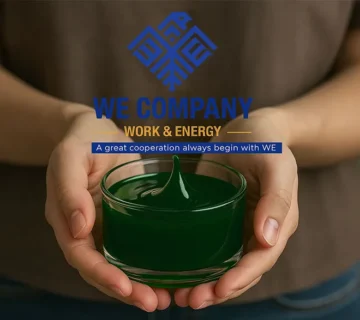
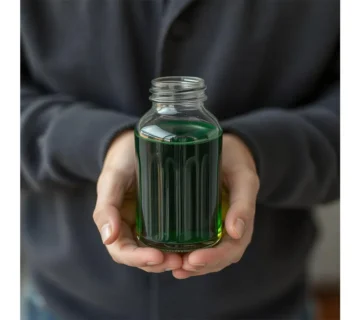
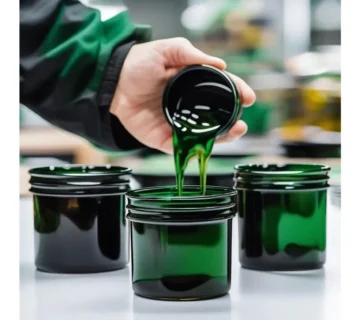
No comment